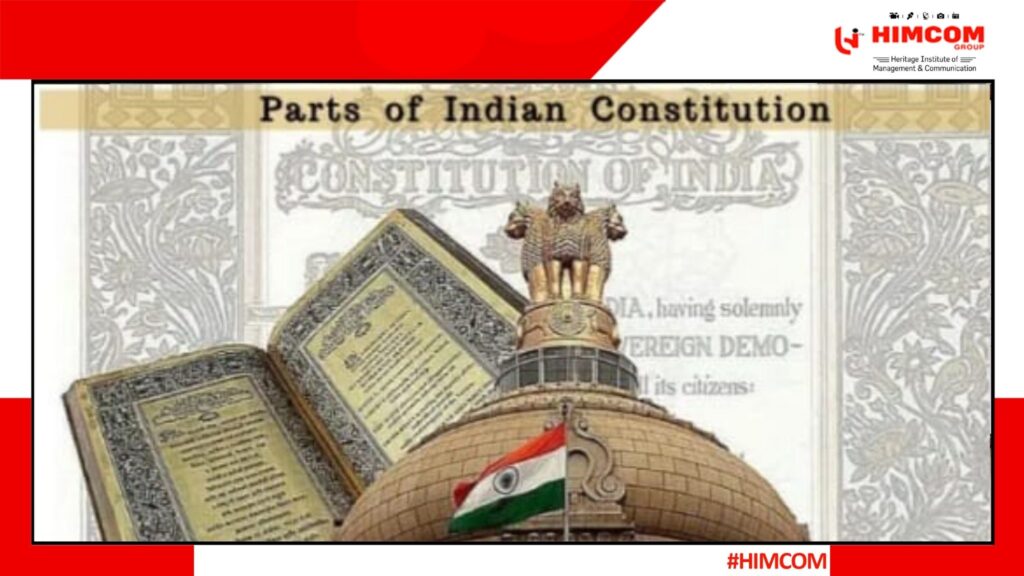The Constitution of India: A Living Document
The Constitution of India, adopted on 26th November 1949 and effective from 26th January 1950, is the nation's supreme law. It establishes India as a Sovereign, Socialist, Secular, Democratic Republic, emphasizing justice, liberty, equality, and fraternity. Its Preamble reflects the vision of an inclusive and progressive democracy.

Key features include a federal structure with unitary tendencies, parliamentary governance, and an independent judiciary with judicial review powers. Fundamental Rights protect individual freedoms, while Directive Principles guide state policies. With provisions for amendments, the Constitution evolves to address emerging challenges while safeguarding democratic principles.

A living document, the Constitution upholds India's unity in diversity and adapts to its socio-political needs. Provisions like universal suffrage, reservations for marginalized groups, and emergency powers ensure justice and equality. It remains a guiding force in India's journey toward inclusive growth and social harmony.
Naitik Tyagi
BJMC 1
.jpg)



Comments
Post a Comment